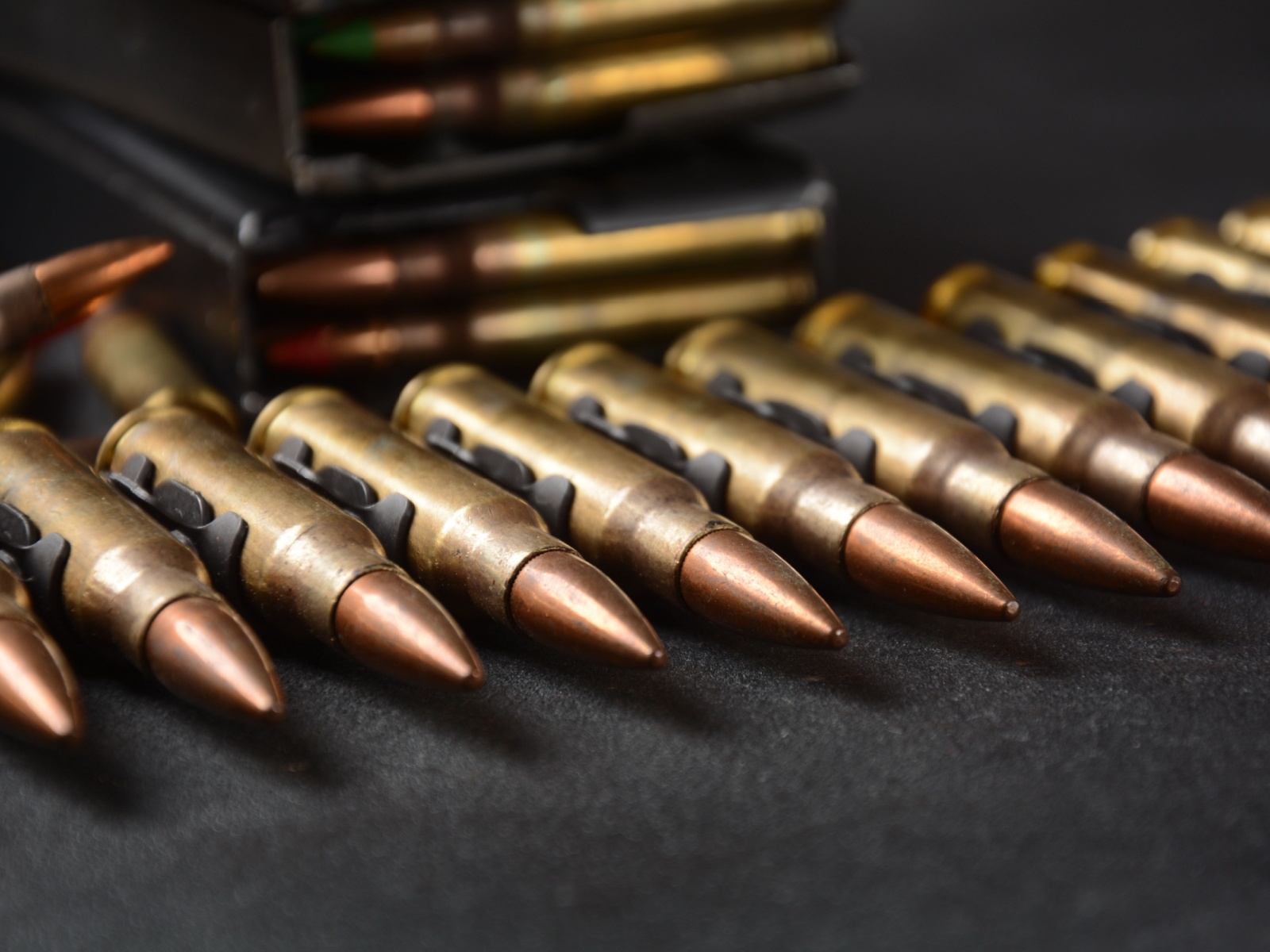JIS K2208 Thermal Degradation of Propellant Powders
The JIS K2208 standard is a critical method used to evaluate the thermal stability and degradation behavior of propellant powders. This test assesses how propellant materials respond under elevated temperatures, which is crucial for ensuring safety and performance in military applications.
Thermal degradation testing helps manufacturers and researchers understand the changes that occur within propellants over time when exposed to heat. These changes can affect the fuel's burn rate, pressure generation capability, and overall reliability during critical operations such as missile launches or artillery deployments.
The JIS K2208 protocol specifies a controlled heating environment where samples of propellant powders are subjected to temperatures ranging from ambient conditions up to 350°C. The duration of exposure depends on the specific requirements set by the client but typically runs for several hours. During this process, changes in physical properties like mass loss, color change, and mechanical strength are monitored.
One key aspect of JIS K2208 is its focus on quantifying weight loss as a direct indicator of thermal stability. Weight reduction indicates the extent to which propellant components decompose or evaporate under heat stress. This information is vital for predicting the shelf life and performance characteristics of new formulations.
The test also evaluates color changes, which can signal early signs of degradation that might otherwise go unnoticed until more severe issues arise. Additionally, it checks for alterations in mechanical properties like hardness and friability (crush resistance), both of which are essential factors influencing propellant behavior during combustion.
For accurate results, proper sample preparation is crucial before conducting the JIS K2208 thermal degradation test. This includes ensuring that all samples are representative of the intended batch or lot, free from contamination, and consistent in composition throughout. Samples must be conditioned to a specified humidity level and temperature prior to testing.
During the actual procedure, precise control over heating rates and final temperatures is maintained using specialized equipment designed specifically for this type of analysis. The use of differential scanning calorimetry (DSC) or thermogravimetric analyzers (TGA) allows operators to measure minute differences in weight gain or loss during heating cycles.
After completion, the data collected provides valuable insights into potential areas where improvements could be made in future formulations aimed at enhancing safety and efficiency. By adhering strictly to JIS K2208 standards, manufacturers can ensure compliance with regulatory requirements while simultaneously improving product quality through rigorous testing practices.
Benefits
Conducting the JIS K2208 thermal degradation test offers numerous advantages for those involved in military and defense-related industries:
- Enhanced Safety: Understanding how propellant reacts under heat helps prevent accidents during handling, storage, or deployment.
- Better Performance Prediction: Accurate prediction of burn rates allows for more precise control over weapon systems.
- Improved Shelf Life: Knowledge gained from these tests enables better formulation choices that extend the useful lifespan of propellants without compromising effectiveness.
- Regulatory Compliance: Adherence to international standards ensures products meet necessary safety and quality benchmarks required by governing bodies.
The insights derived from this test contribute significantly towards developing safer, more effective military technologies.
Industry Applications
| Application Area | Description |
|---|---|
| Missile Propulsion Systems | Evaluating the stability and performance of propellant under various thermal conditions. |
| Artillery Rounds | Assuring the reliability of ammunition components during prolonged storage or high-temperature environments. |
| Torpedoes | Testing the robustness of torpedo propulsion systems against extreme temperatures encountered during launch and operation. |
| Aircraft Engines | Although not directly related to JIS K2208, similar thermal stability tests can be conducted on components used in aircraft engines for comparison purposes or cross-functional learning. |
The JIS K2208 thermal degradation test is particularly important for ensuring the safety and effectiveness of weapons systems that rely heavily on precise chemical reactions during operation. By understanding how propellants behave under specific temperature conditions, engineers can optimize their designs to meet stringent performance criteria.
Eurolab Advantages
At Eurolab, we pride ourselves on providing comprehensive and accurate JIS K2208 thermal degradation testing services tailored specifically for the unique needs of our clients within the military sector. Our state-of-the-art laboratories are equipped with advanced analytical instruments capable of delivering precise measurements necessary for this type of assessment.
Our team comprises highly experienced professionals who understand both the theoretical underpinnings and practical applications of JIS K2208 testing. This expertise ensures that every aspect of the process—from sample preparation to final analysis—is conducted according to strict guidelines set forth by the standard.
We offer several additional benefits beyond just executing the test itself:
- Comprehensive Reporting: Detailed reports summarizing all findings along with recommendations for improvement or further testing where needed.
- Consultative Support: Assistance in interpreting results and translating them into actionable insights that can drive strategic decisions about product development and quality assurance programs.
- Efficient Turnaround Times: Quick turnaround times to ensure timely delivery of reports back to clients, minimizing disruptions caused by delays in receiving critical data.
Choose Eurolab for your JIS K2208 testing needs; trust our commitment to excellence and precision.





